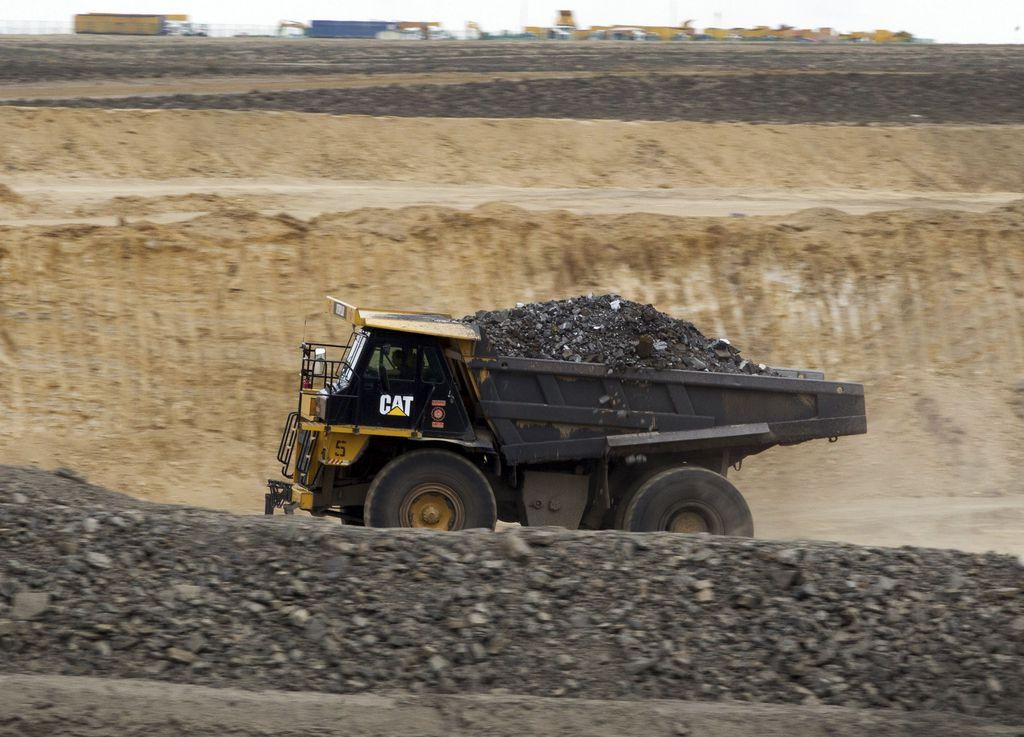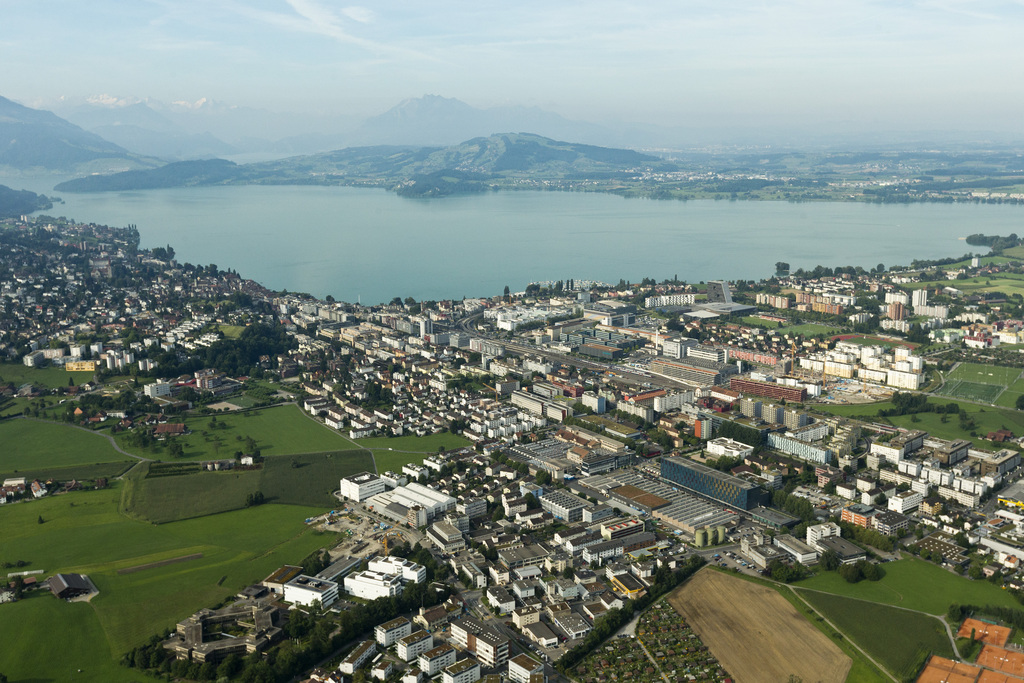Switzerland named ‘fourth worst company tax haven’

Switzerland is one of the world’s worst corporate tax havens, according to Oxfam International research which claims that global state-sponsored tax dodges are “starving countries out of billions of dollars needed to tackle poverty and inequality”.
The British-based NGO names Switzerland as the fourth-worst offender, with only Bermuda, the Cayman Islands and the Netherlands listed as having more aggressive tax regimes.
The Swiss authorities have dismissed the study as being little more than sensationalism and insist that Switzerland is “committed to combating tax evasion and tax fraud”.
The State Secretariat for International Financial Matters (SIF) questioned the methodology and accuracy of the report that leaves out some suspected tax havens, such as Delaware, Belgium and the City of London. Oxfam also ignored Swiss cooperation in setting new global standards and recent good marks in other studies, SIF argued.
Switzerland competes with a number of countries to attract regional headquarters of multinational companies. One method is to introduce attractive tax regimes. But a global furore over the practices of companies such as Starbucks and Amazon has put the tax regimes of several countries under the microscope.
“Tax dodging by multinational corporations costs poor countries at least $100 billion (CHF101.5 billion) every year,” Oxfam said in a press release on Monday.
Patent boxes
Switzerland has so far avoided the worst of the headlines, with Ireland, Luxembourg and the Netherlands taking most of the flak. But Oxfam views Switzerland as being in the same league as these regimes that allow big firms to shift profits away from high-tax states to tax havens.
Following pressure from the Organisation for Economic Co-operation and Development (OECD) and the European Union, Switzerland is currently going through the process of reforming its tax regime.
A complete overhaul of its corporate tax system was approved by parliament earlier this year, but the plan faces a challenge by public vote in February. Oxfam is unimpressed by the proposal to introduce tax breaks on company research (patent boxes), which it views as a harmful tax practice.
“It has been shown that patent boxes do not stimulate research and development, but are merely a competitive tool for lowering the tax bills of corporations,” Esme Berkhout, who wrote the Oxfam report, told swissinfo.ch.
‘Not very meaningful’
Switzerland has also recently announced that it will impose country-by-country reporting standards on companies in 2018. This information on where firms make profits and where they pay tax will be automatically passed to the tax authorities in other countries, in line with OECD recommendations.
Oxfam has noted this commitment but says the measure will lack punch unless it is put on a public register for everyone to see.
SIF pointed to largely positive remarks on its tax transparency progress contained in reports this year from the OECD’s Global Forum and the intergovernmental body, the Financial Action Task Force (FATF).
“Switzerland is committed to combating tax evasion and tax fraud and is actively supporting international efforts to achieve greater transparency in tax matters,” SIF said in a written statement.
“The great progress made by Switzerland over the past years is absolutely not reflected in this [Oxfam’s] rating. Its value is therefore not very meaningful.”

In compliance with the JTI standards
More: SWI swissinfo.ch certified by the Journalism Trust Initiative




You can find an overview of ongoing debates with our journalists here. Please join us!
If you want to start a conversation about a topic raised in this article or want to report factual errors, email us at english@swissinfo.ch.